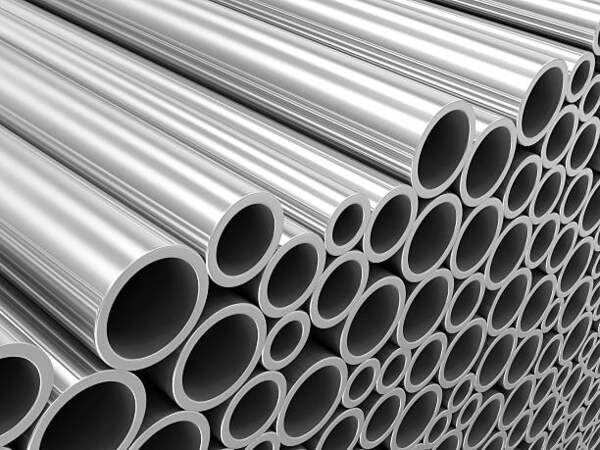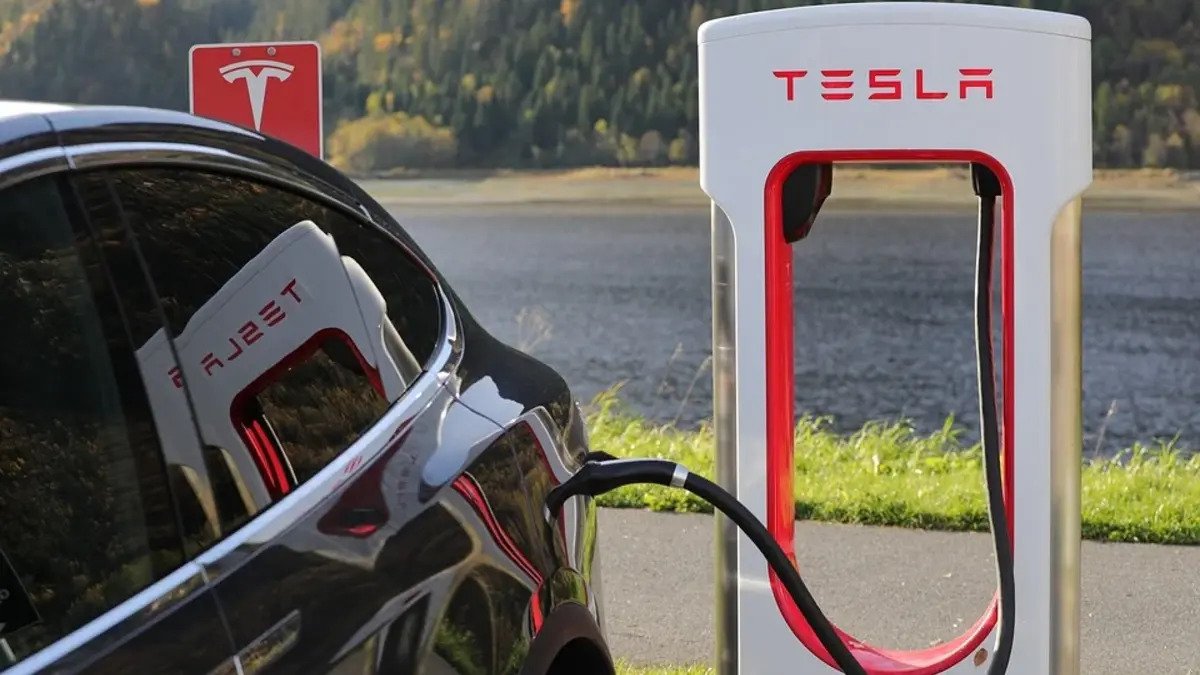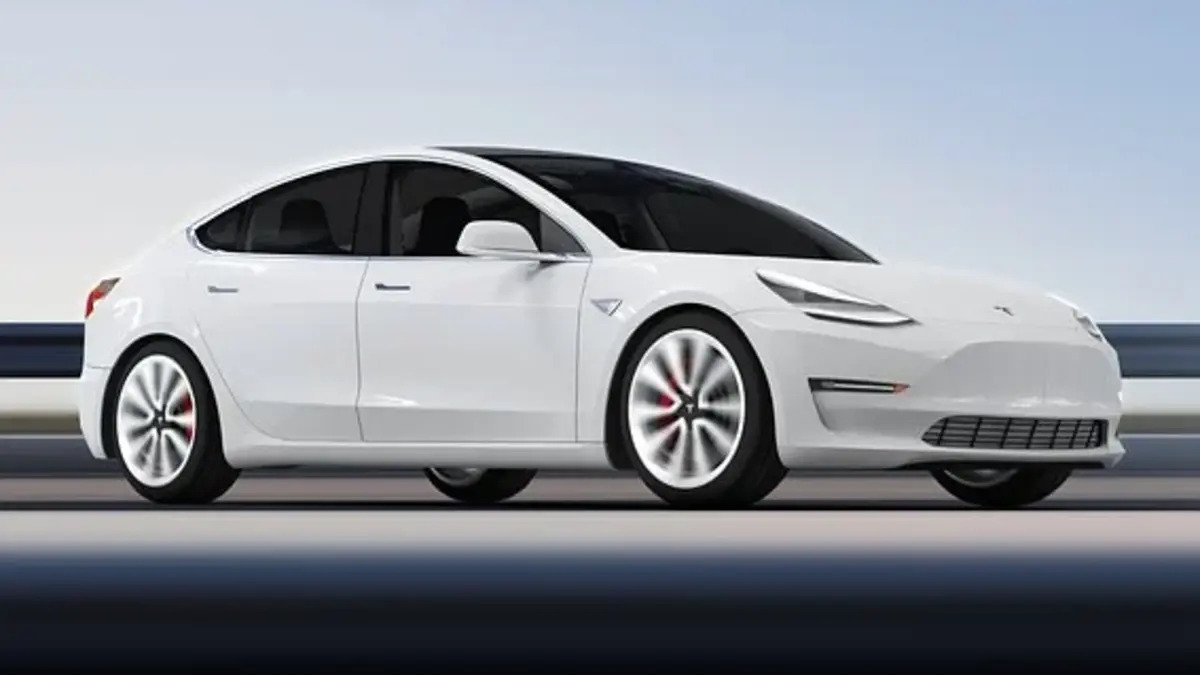Stainless steel in the production of electric cars
As the roaring wave of electric vehicles sweeps across the globe, the automobile industry finds itself at a crucial crossroads of innovation. Electric cars have captured our imagination with their planet-saving potential and unrivalled energy efficiency. But hold on tight, because another unsung hero is powering this eco-revolution: stainless steel.

While the limelight often shines on electric powertrains and battery technology, we must not overlook the crucial role played by materials in this electrifying transformation. Stainless steel emerges as a true automotive game-changer, leaving traditional materials in the dust with its multitude of advantages.
From its unmatched strength and durability to its eco-friendly characteristics, stainless steel is rewriting automobile manufacturing rules. Discover how this remarkable alloy is propelling electric vehicles toward a greener, cleaner, and more sustainable tomorrow.
Overview of Electric Cars
Electric cars are a technologically advanced and exciting way to get around that do away with gas-powered engines. They’re eco-friendly too, pumping out zero air pollution! Most battery technology is good enough now for you to take relatively long trips on one charge – plus you can plug them in at home or use public charging points. Not just good for the planet, they also provide incredibly smooth sailing and silent journeys, as well as rapid acceleration made possible by electric motors.
The Role of Stainless Steel in Electric Cars
Stainless steel which is known for its durability, strength, and corrosion resistance, has found its way into various industries. In the realm of electric cars, stainless steel products, including pipes and seamless pipes, are being extensively utilized in the manufacturing of crucial components. These components, made from high-quality stainless steel, offer numerous advantages over traditional materials, making them an ideal choice for the electric car industry.
Advantages of Stainless Steel in Electric Cars
1. Durability and Strength: Electric cars are subjected to demanding conditions, including temperature fluctuations, road vibrations, and potential impacts. Stainless steel’s durability and strength allow it to withstand such harsh conditions, ensuring the longevity and safety of electric vehicles. Components like frames, chassis, and crash protection systems benefit greatly from the robust nature of stainless steel.
2. Lightweight Design: Electric cars rely heavily on achieving maximum energy efficiency to extend battery range and enhance performance. Stainless steel offers a lightweight alternative without compromising strength or safety. By utilizing stainless steel in the construction of key components, such as body structures, manufacturers can reduce the overall weight of the vehicle, leading to improved energy efficiency and better handling.
3. Corrosion Resistance: Electric cars often encounter moisture and other corrosive substances on the road. Stainless steel’s innate resistance to corrosion protects vital components, ensuring their longevity and minimizing maintenance costs. With stainless steel, electric car owners can enjoy the peace of mind that comes with a reliable and durable vehicle.
4. Recyclability and Sustainability: As the world embraces a circular economy and sustainable practices, stainless steel stands out as a highly recyclable material. The production of stainless steel involves recycling a significant portion of scrap metal, reducing waste, and conserving resources. By utilizing stainless steel in electric cars, manufacturers contribute to a more sustainable future by minimizing their environmental impact.
Examples of Stainless Steel Applications in Electric Cars
1. Body and Structural Components: Stainless steel is widely used in the construction of body panels, frames, and chassis in electric cars. Its high strength-to-weight ratio enhances structural integrity while providing excellent crash protection and occupant safety.
2. Battery Enclosures and Cooling Systems: Electric vehicle batteries require protection and efficient cooling systems to maintain optimal performance. Stainless steel’s corrosion resistance makes it an ideal material for battery enclosures, safeguarding the batteries from external factors. Additionally, stainless steel’s thermal conductivity facilitates effective cooling, preventing overheating and extending the battery’s lifespan.
3. Interior and Aesthetic Features: Stainless steel is not only functional but also adds a touch of elegance to the interior of electric cars. From trim accents to decorative features, stainless steel’s aesthetic appeal and resistance to wear and tear make it a popular choice for enhancing the overall design and durability of electric vehicle interiors.
Challenges and Future Developments
Despite the numerous advantages of stainless steel in electric cars, cost considerations and market adoption remain challenges. Stainless steel is indeed superior, but it often costs more than other materials. Nevertheless, with the rising demand for electric cars, production efficiency, and technological breakthroughs may help reduce costs associated with using stainless steel.
The future of stainless steel in electric cars holds exciting prospects. Ongoing research and development aim to further enhance the alloy’s properties, making it even more suitable for electric vehicle applications. Innovations in alloy composition, manufacturing processes, and cost-effective production methods are expected to unlock new possibilities for stainless steel in the automotive industry.
Conclusion
Electric cars are doing wonders for the automotive realm, and stainless steel has been a key player in this revolution. Its exceptional durability, lightweight, immunity to corrosion, and recyclability make it a no-brainer for components of electric vehicles. Stainless steel together with its product, pipes, and seamless pipes, are paving the way for enhanced safety, improved fuel efficiency, and increased lifespans – all vital when striving for greener transport solutions. To get the most out of electric cars and ultimately build a sustainable commuting environment, continued exploration into stainless steel used in car manufacturing must be encouraged!


